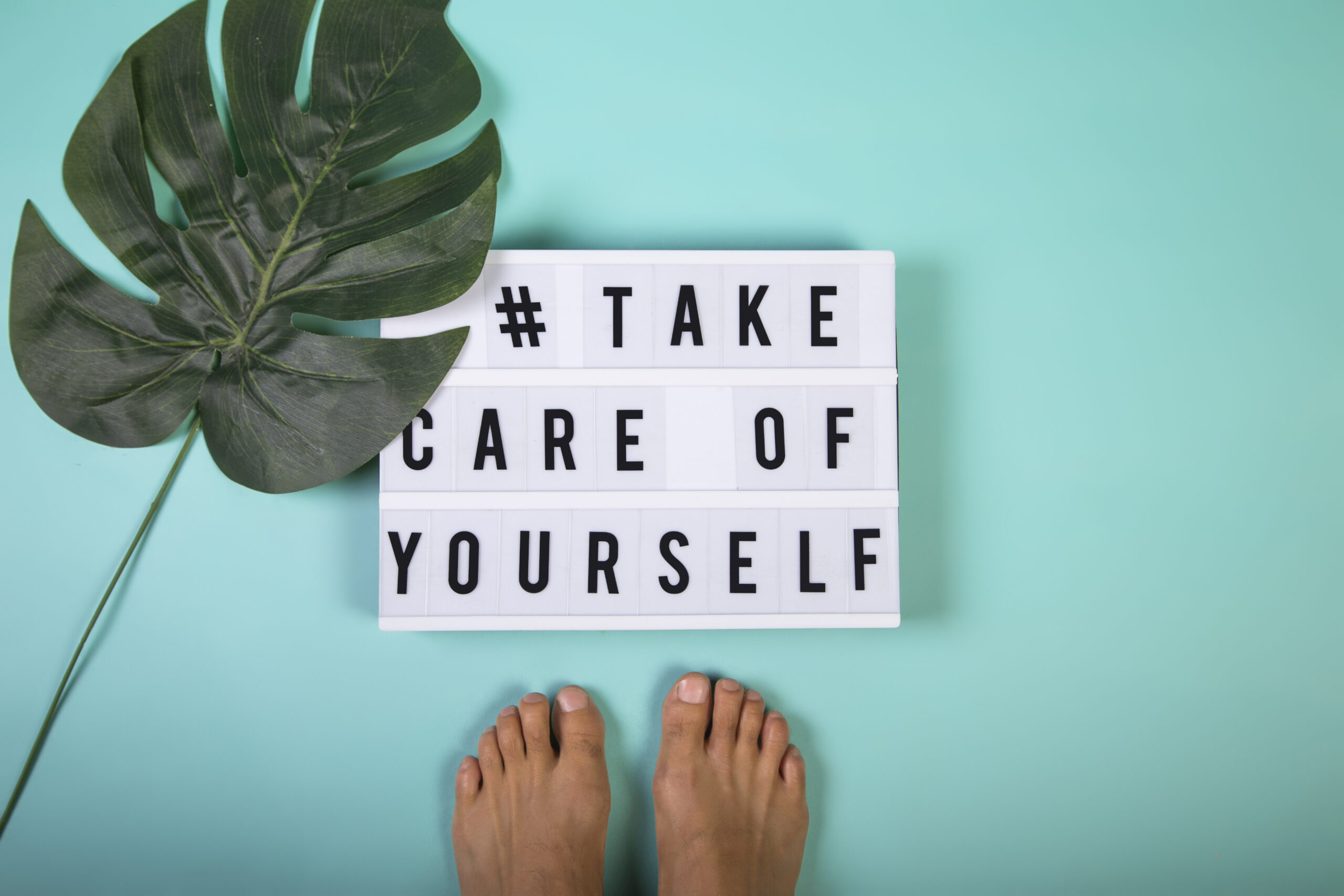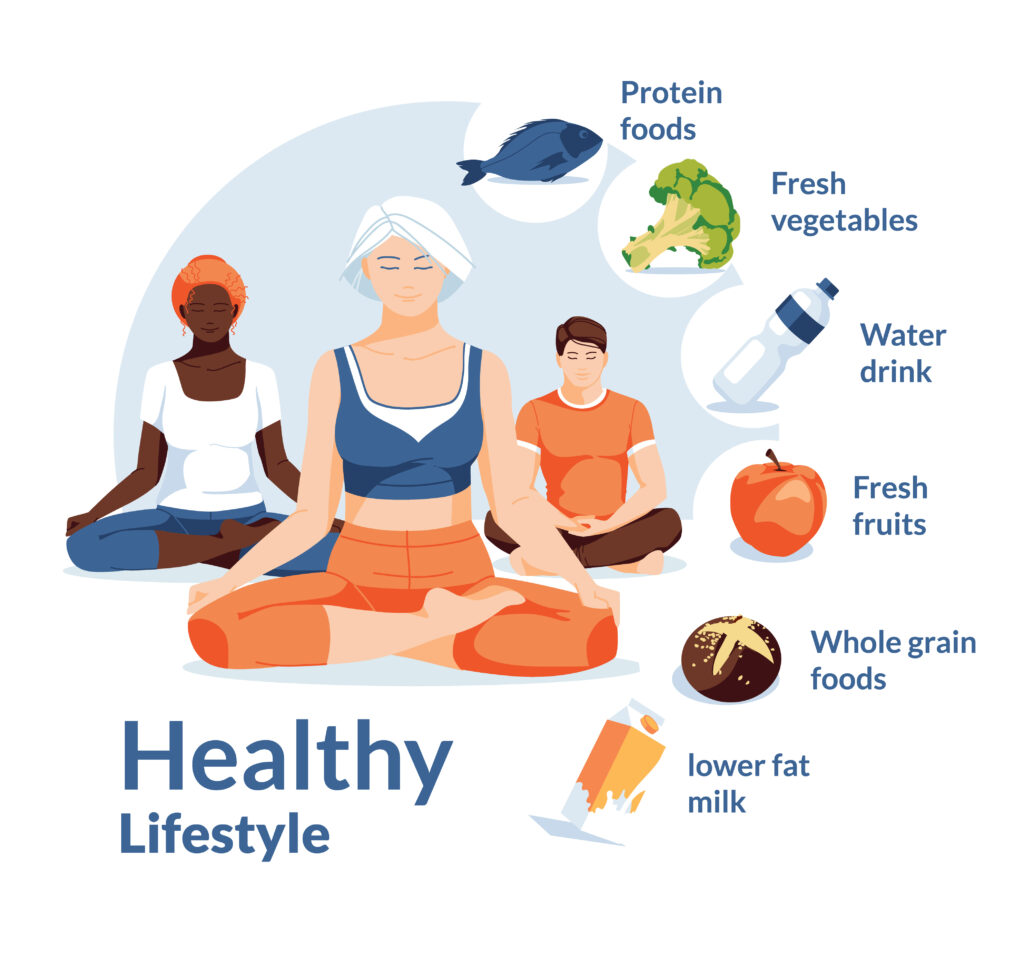Undergoing a medical procedure, including treatments for conditions like hemorrhoids, marks a significant step toward relief and improved well-being. To ensure a smooth and comfortable recovery, implementing proper post-procedure self-care is crucial. In this comprehensive guide, we’ll explore essential steps to foster a seamless recovery after a proctological procedure.

1. Follow Medical Instructions: The cornerstone of effective post-procedure self-care is adherence to medical instructions provided by your healthcare professional. This includes medication schedules, dietary restrictions, and any specific guidelines tailored to your procedure.
2. Manage Pain Appropriately: Pain management is a key aspect of post-procedure care. Take prescribed pain medications as directed by your doctor. If over-the-counter pain relievers are recommended, ensure they align with your specific recovery needs.

3. Stay Hydrated: Adequate hydration is paramount for recovery. Ensure you drink plenty of water unless otherwise advised by your healthcare provider. Proper hydration supports the healing process and helps prevent complications like constipation.
4. Incorporate a High-Fiber Diet: A diet rich in fiber promotes healthy bowel movements and minimizes discomfort during recovery. Include fruits, vegetables, whole grains, and legumes to maintain regularity.
5. Gradual Resumption of Activities: While rest is essential, a gradual return to light activities can aid circulation and prevent stiffness. Follow your doctor’s recommendations regarding the timeline for resuming daily activities and exercise.
6. Maintain Good Hygiene Practices: Ensure meticulous hygiene in the anal area to prevent infection. Use gentle, unscented wipes or a peri-bottle for cleansing, and avoid harsh soaps that may irritate the treated area.
7. Avoid Straining During Bowel Movements: Straining can jeopardize the healing process. To ease bowel movements, consider using stool softeners as recommended by your healthcare provider. Adopting a fiber-rich diet also contributes to smoother bowel movements.
8. Apply Cold Compresses: If advised by your doctor, cold compresses can help reduce swelling and provide relief. Follow the recommended duration and frequency for safe application.
9. Attend Follow-Up Appointments: Regular follow-up appointments with your healthcare provider are essential for monitoring your recovery progress. These appointments allow for any necessary adjustments to your care plan and provide an opportunity to address any concerns or questions.

10. Listen to Your Body: Pay close attention to your body’s signals. If you experience unusual pain, bleeding, or any unexpected symptoms, promptly contact your healthcare provider. Open communication ensures timely intervention if needed.
11. Emotional Well-being: Acknowledge the emotional aspect of recovery. It’s normal to experience a range of emotions post-procedure. If you feel anxious or have concerns, discuss them with your healthcare provider or seek support from friends and family.
12. Rest and Prioritize Self-Care: Allow yourself the necessary time to rest and recover. Prioritize self-care activities that promote relaxation, such as reading, listening to calming music, or practicing mindfulness.
13. Be Patient with the Healing Process: Recovery is a gradual process, and each individual heals at their own pace. Be patient with yourself and trust that, with proper care, you are on the path to full recovery.
Remember, this guide serves as a general overview, and specific recommendations may vary based on the nature of your proctological procedure. Always consult with your healthcare provider for personalized post-procedure instructions and guidance tailored to your unique needs. By following these self-care steps, you can contribute to a smoother and more comfortable recovery journey.

